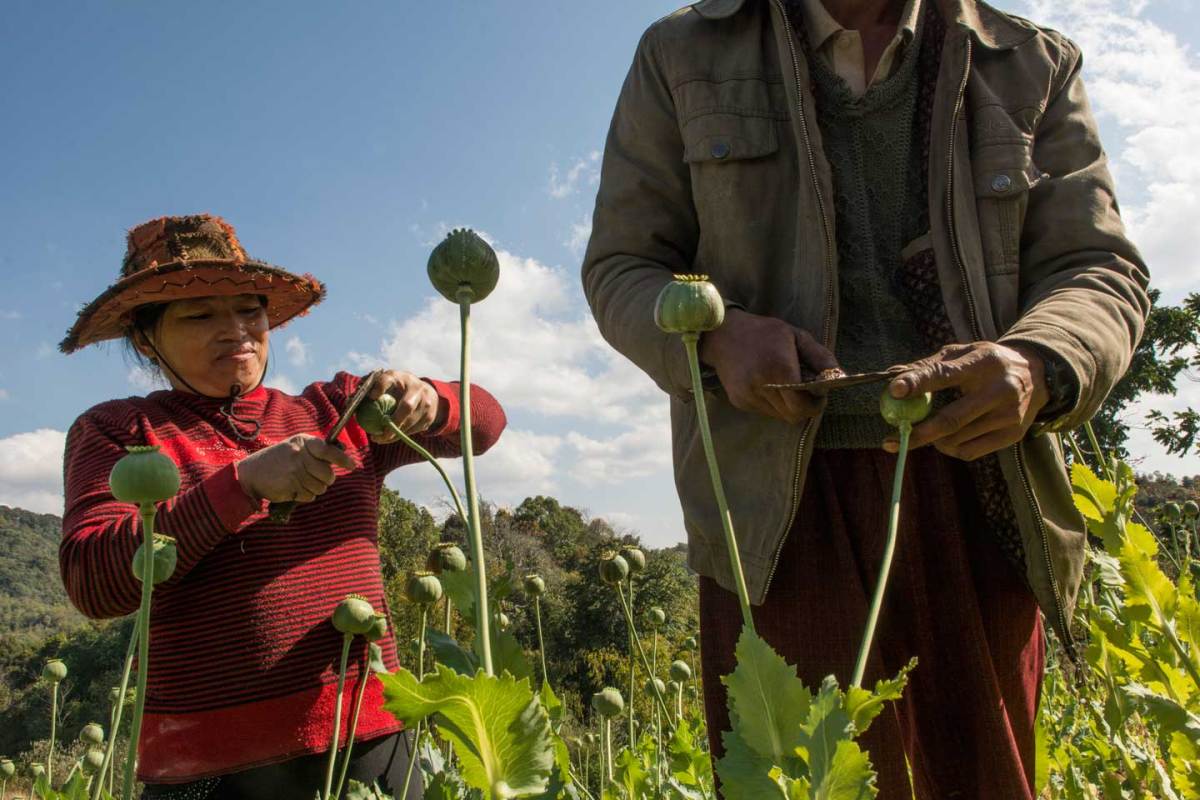Born in colonial Burma, she died as a legend in Myanmar.
Although Olive Yang died, surrounded by militiamen in her compound in Myanmar, on July 13 at 90 years old, she has enough history for three lifetimes. Tales of her rich life include a romance with a Burmese actress, leading a rebel force, directing a drug-trafficking organization, and brokering a decades-long peace deal.
Yang pursued into drug trafficking as a way of defying traditional gender roles, according to the New York Times. She refused to bind her feet and wore boys’ clothes. By the time she was 25, Yang was leading rebel forces in the semi-autonomous Shan State, part of the Opium-rich region known as the “Golden Triangle.”
Seeking to repel Communist influence in China, the C.I.A. was eager to partner with a local force that could challenge this threat. Dubbed “Operation Paper,” Yang’s rebels received American weapons airlifted to them using C.I.A. planes in 1952.
The New York Times reports Yang was arrested by police officials in 1963, shortly after falling in love with a Burmese movie actress Wah Wah Win Shwe. In 1989, the incarcerated warlord successfully negotiated a two-decade-long peace agreement with rebels in exchange for her release.
This article appeared in an InsideHook newsletter. Sign up for free to get more on travel, wellness, style, drinking, and culture.

























